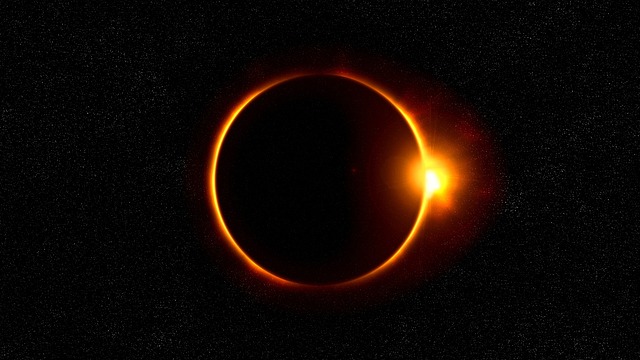Spain is set to become the world capital of total solar eclipses when two episodes of the rare spectacle are set to take place on August 12, 2026, and August 2, 2027, a Spanish astronomer said.
Frank A. Rodriguez, an astronomy professor at the San Roque Saucillo Astronomy Centre in Spain’s Gran Canaria island, spoke to Reuters ahead of International Astronomy Day which is celebrated on May 18th and is dedicated to promoting astronomy and science.
He described the Canary Islands where he is based as an “astronomy paradise.”
“We have very low light pollution and we have the southern hemisphere sky. Because we are at a lower latitude compared to continental Europe, we can observe many constellations,” Rodriguez said.
“Spain will be greatly benefited by the upcoming total solar eclipses,” he added.
Last April when the first total solar eclipse since 2017 took place over large swathes of North America, eclipse fans traveled from far and wide hoping to glimpse the phenomenon somewhere along the “path of totality” stretching 2,500 miles (4,000 km) from Mexico’s Pacific Coast through Texas and across 14 other U.S. states into Canada.
Aside from being visible in Spain, the next total solar eclipse which will occur on August 12, 2026, will also be visible in Greenland, Iceland, Russia and a small portion of Portugal, with a partial eclipse visible in Europe, Africa, North America, the Atlantic Ocean, the Arctic Ocean and the Pacific Ocean, according to media reports.
To the surprise of many, the Northern Lights, also called the Aurora Borealis, were observed from the Canary Islands when they were seen around the world on May 11, as the Earth experiences the biggest geomagnetic storm due to solar activity in two decades.
(Reuters)




















